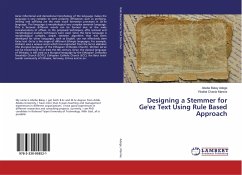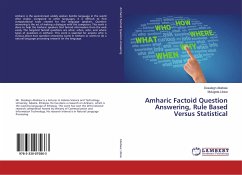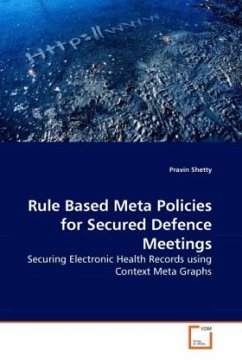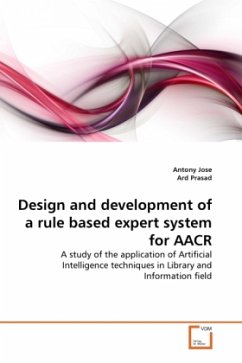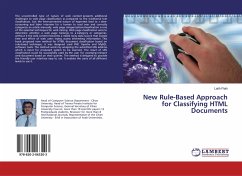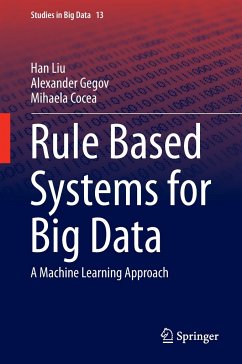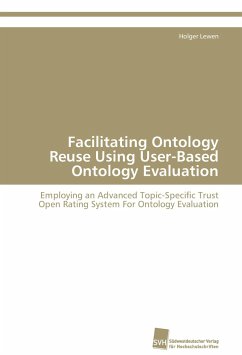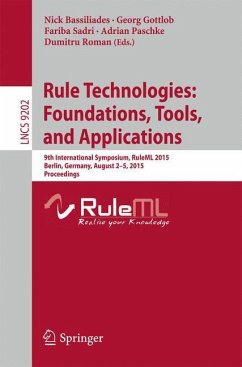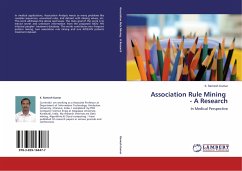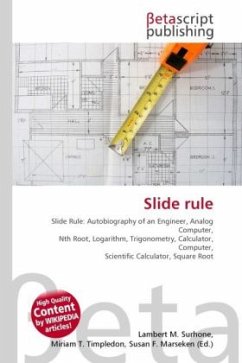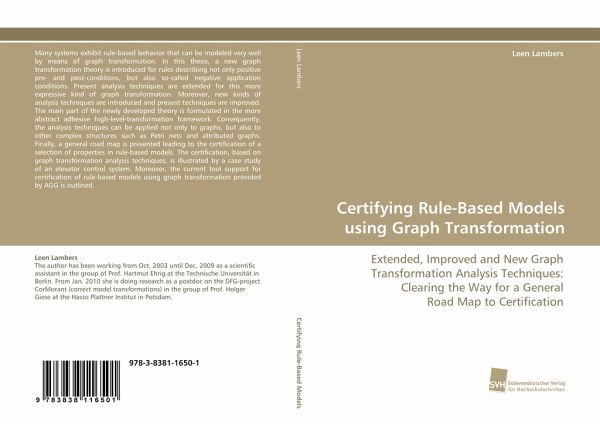
Certifying Rule-Based Models using Graph Transformation
Extended, Improved and New Graph Transformation Analysis Techniques: Clearing the Way for a General Road Map to Certification
Versandkostenfrei!
Versandfertig in 6-10 Tagen
59,99 €
inkl. MwSt.

PAYBACK Punkte
30 °P sammeln!
Many systems exhibit rule-based behavior that can be modeled very well by means of graph transformation. In this thesis, a new graph transformation theory is introduced for rules describing not only positive pre- and post-conditions, but also so-called negative application conditions. Present analysis techniques are extended for this more expressive kind of graph transformation. Moreover, new kinds of analysis techniques are introduced and present techniques are improved. The main part of the newly developed theory is formulated in the more abstract adhesive high-level-transformation framework...
Many systems exhibit rule-based behavior that can be modeled very well by means of graph transformation. In this thesis, a new graph transformation theory is introduced for rules describing not only positive pre- and post-conditions, but also so-called negative application conditions. Present analysis techniques are extended for this more expressive kind of graph transformation. Moreover, new kinds of analysis techniques are introduced and present techniques are improved. The main part of the newly developed theory is formulated in the more abstract adhesive high-level-transformation framework. Consequently, the analysis techniques can be applied not only to graphs, but also to other complex structures such as Petri nets and attributed graphs. Finally, a general road map is presented leading to the certification of a selection of properties in rule-based models. The certification, based on graph transformation analysis techniques, is illustrated by a case study of an elevator control system. Moreover, the current tool support for certification of rule-based models using graph transformation provided by AGG is outlined.



